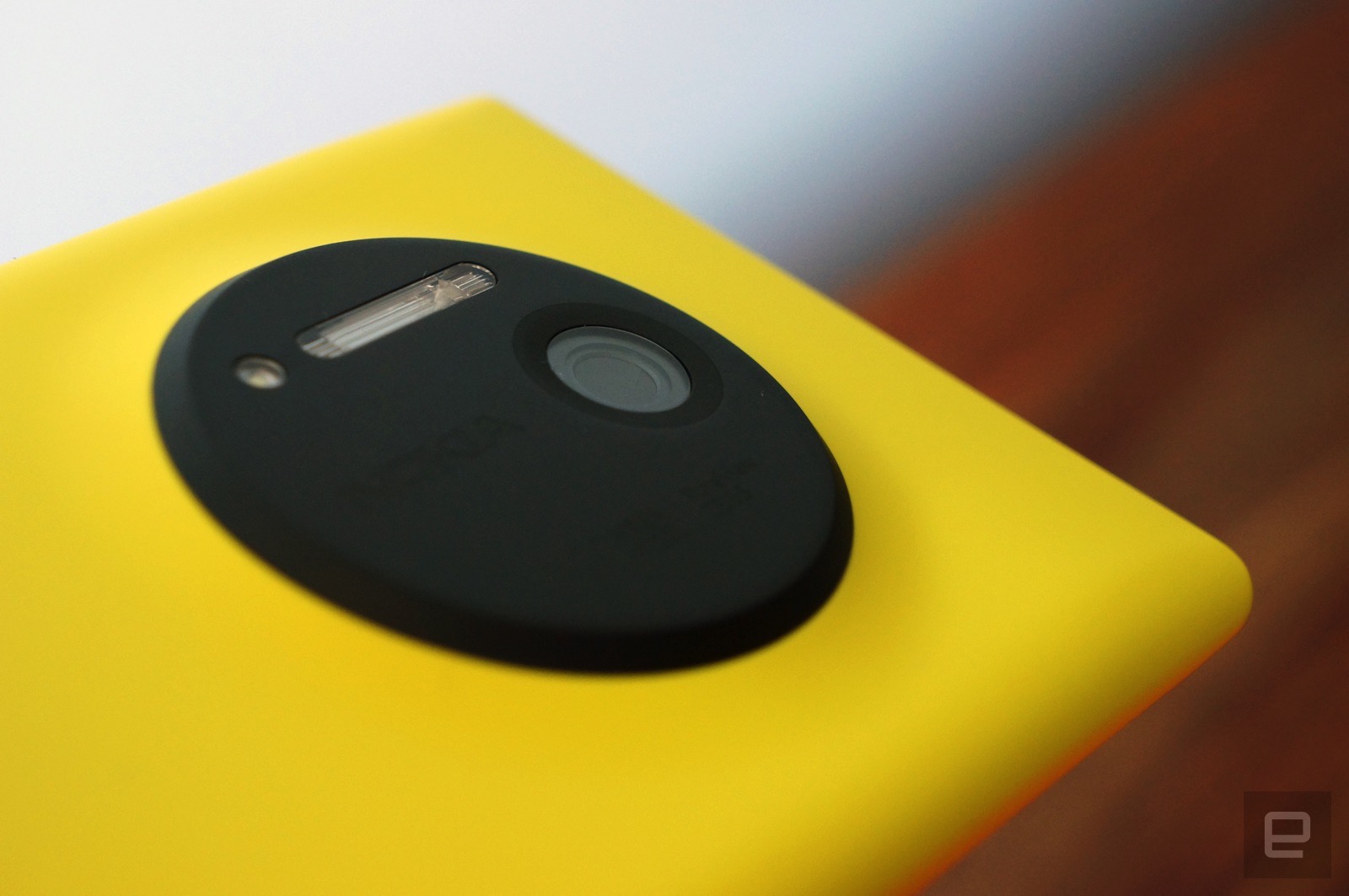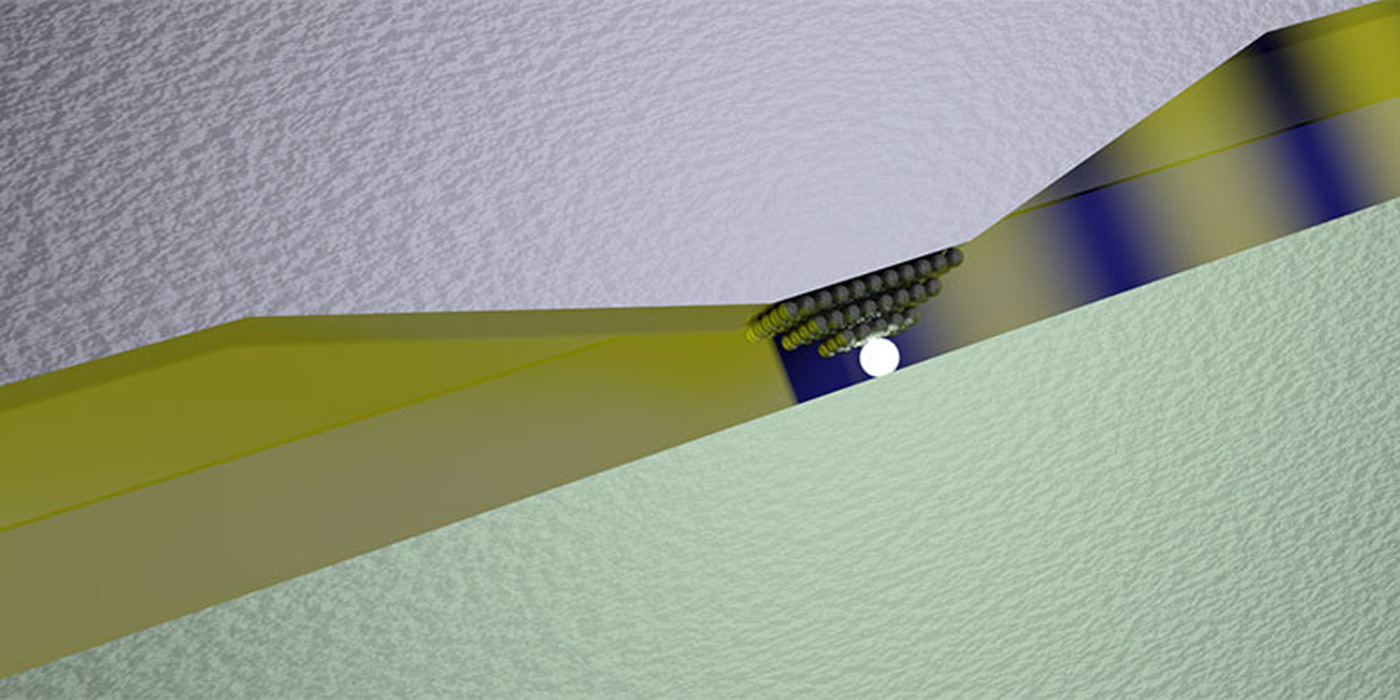Tag Archives: optics
The tiny house craze has gone too far
 Researchers in France have built a teeny, tiny house. It's just a few micrometers wide, too small for even a mite to fit inside, and demonstrates that a focused ion beam and a small robot can create 3D microstructures with incredible accuracy and pre...
Researchers in France have built a teeny, tiny house. It's just a few micrometers wide, too small for even a mite to fit inside, and demonstrates that a focused ion beam and a small robot can create 3D microstructures with incredible accuracy and pre...
Corkscrew light beams could lead to practical quantum computers
 Who said light only had to travel in boring waves or particles? Not Harvard. Its researchers have found a way to spin light into complex states that promise breakthroughs in multiple fields. They've built metasurfaces whose elaborate optics combin...
Who said light only had to travel in boring waves or particles? Not Harvard. Its researchers have found a way to spin light into complex states that promise breakthroughs in multiple fields. They've built metasurfaces whose elaborate optics combin...
Zeiss will help restore ‘Nokia’ phones to their former glory
 Nokia's strong reputation in phone photography stemmed in no small part from its use of Carl Zeiss optics. Whether you had an N95 or a Lumia 1020, you knew the glass wouldn't let you down. But what's happening now that HMD Global is the one making No...
Nokia's strong reputation in phone photography stemmed in no small part from its use of Carl Zeiss optics. Whether you had an N95 or a Lumia 1020, you knew the glass wouldn't let you down. But what's happening now that HMD Global is the one making No...
Lenses made from nanomaterials get closer to replacing glass
Deal: Save 28% on Gunnar Optiks Intercept Advanced Computer Glasses
If you’re like me, you sit in front of a computer screen for a good part of your work day. The problem is that the light and small type on screens can lead to eyestrain and discomfort over time. Gunnar’s Intercept computer glasses are designed to reduce fatigue and enhance vision when working with computer screens.
The glasses feature precision optics, and a special lens which combines blue light filtering and gentle magnification to make things much easier on your eyes. They’re ideal for computing tasks, and are also great for gaming.
The Gunnar Optiks Intercept glasses normally go for $69(USD), but you can grab a pair in the Technabob Shop for just $49 for a limited time.
Flexible lens sheets could change way cameras see
 Cameras are already embedded in a lot of devices, but what you could wrap them around things like a "skin?" That's the premise of "flexible sheet cameras" developed by scientists at Columbia University. Rather than having just a single sensor, the de...
Cameras are already embedded in a lot of devices, but what you could wrap them around things like a "skin?" That's the premise of "flexible sheet cameras" developed by scientists at Columbia University. Rather than having just a single sensor, the de...
Eyeglasses with Autofocus: Omnifocals
The lenses in prescription eyeglasses are usually tailored to the wearer’s vision. There are also multifocal or progressive lenses that provide different focal powers, but each power is confined to portions of the lens. That’s why a company called Deep Optics is working on a pair of electronic eyeglasses that automatically change the entire lens’ focal power based on where the wearer is looking.
Deep Optics’ Omnifocals have a transparent sheet of liquid crystals on both of its lenses. These crystals can change the lenses’ focal power. To automate the process, a pair of sensors facing the wearer calculate the distance between the wearer’s pupils. The Omnifocals’ computer uses that data to calculate the distance of the wearer from the object that they’re focusing on. It then sends a current to the sheets of liquid crystals to change the lenses’ focus accordingly.
But don’t be fooled by the concept video, because Omnifocals is still in its development phase. CEO Yariv Haddad told MIT that they’re two years away from conducting real world tests, not to mention figuring out how to pack all the electronics in a portable and compact form. Still, this is promising news for us four-eyed folk, who often have to rely on estimates or trial and error when we’re getting our glasses.
Smallest-ever optical switch revolves around one atom
 We've seen some ridiculously tiny electronics in our day, but this might take the cake. Swiss researchers have built an optical networking switch so small that it's measured on the atomic scale -- in fact, it's smaller than the wavelength of light i...
We've seen some ridiculously tiny electronics in our day, but this might take the cake. Swiss researchers have built an optical networking switch so small that it's measured on the atomic scale -- in fact, it's smaller than the wavelength of light i...
Harvard creates a material that lets light go ‘infinitely fast’
 Researchers at Harvard University announced recently that they had successfully developed a means of manipulating light at the nanoscale, which could lead to photonic-based (rather than electronic) telecommunications. Think, ubiquitous fiber optics...
Researchers at Harvard University announced recently that they had successfully developed a means of manipulating light at the nanoscale, which could lead to photonic-based (rather than electronic) telecommunications. Think, ubiquitous fiber optics...



